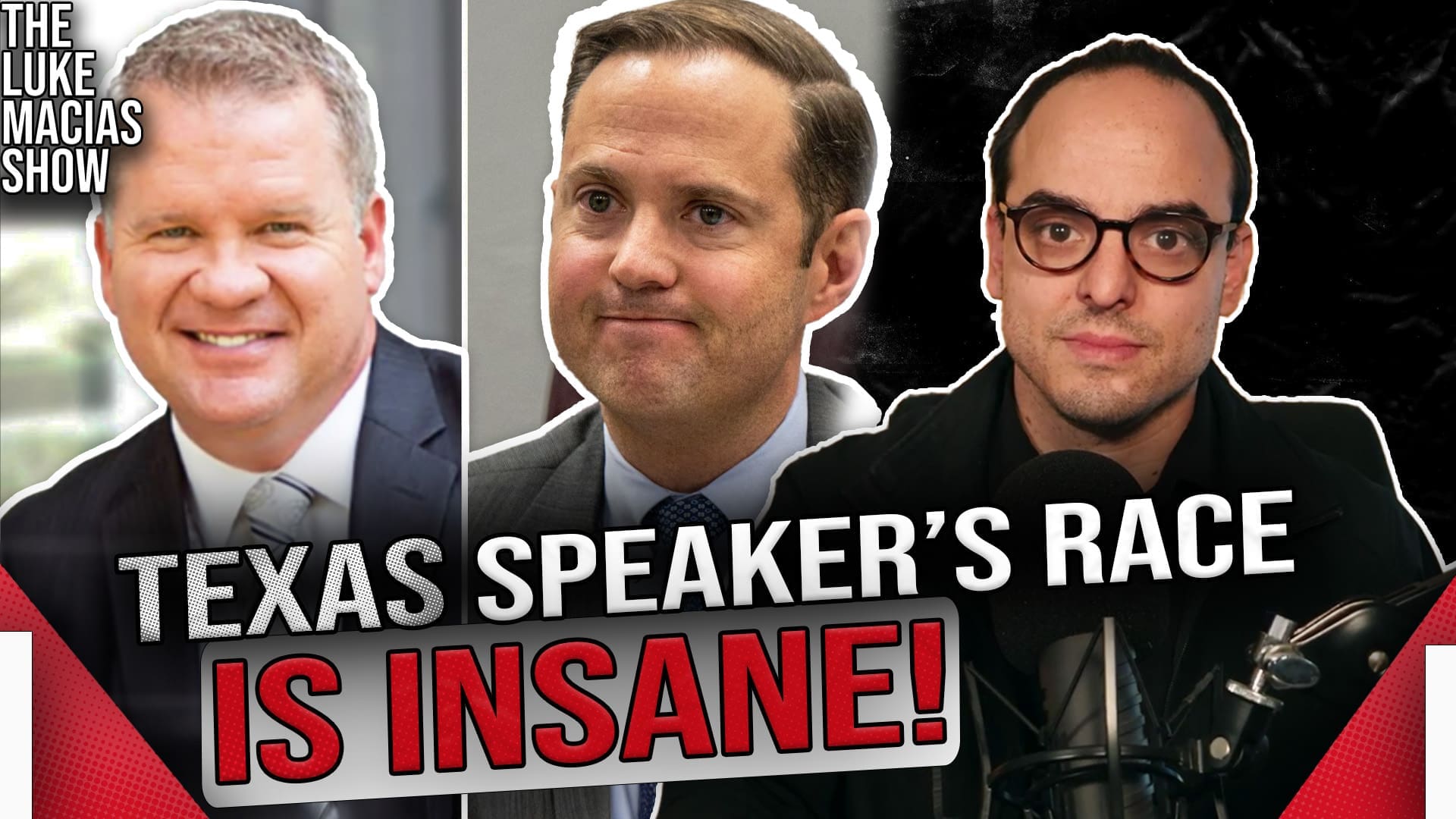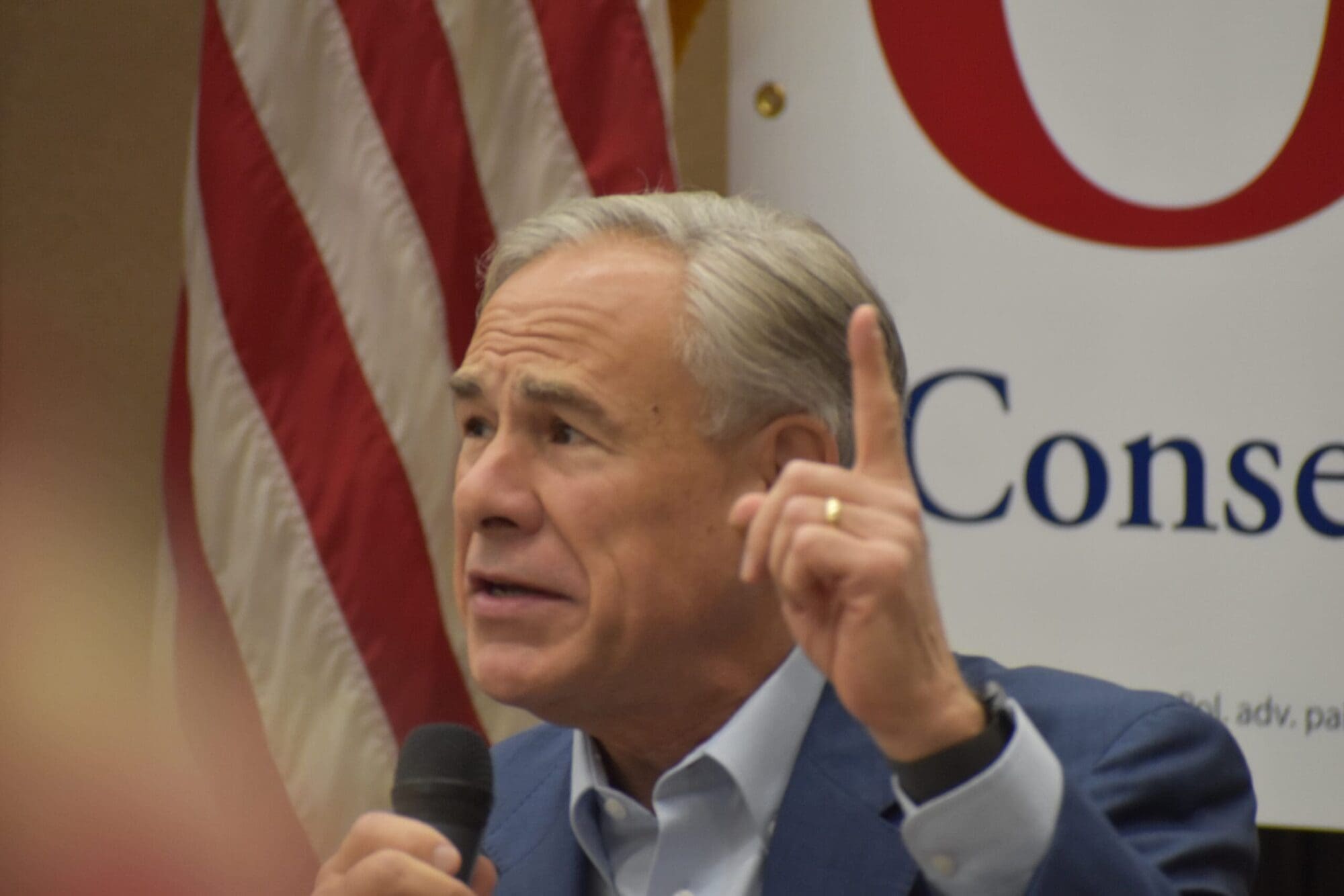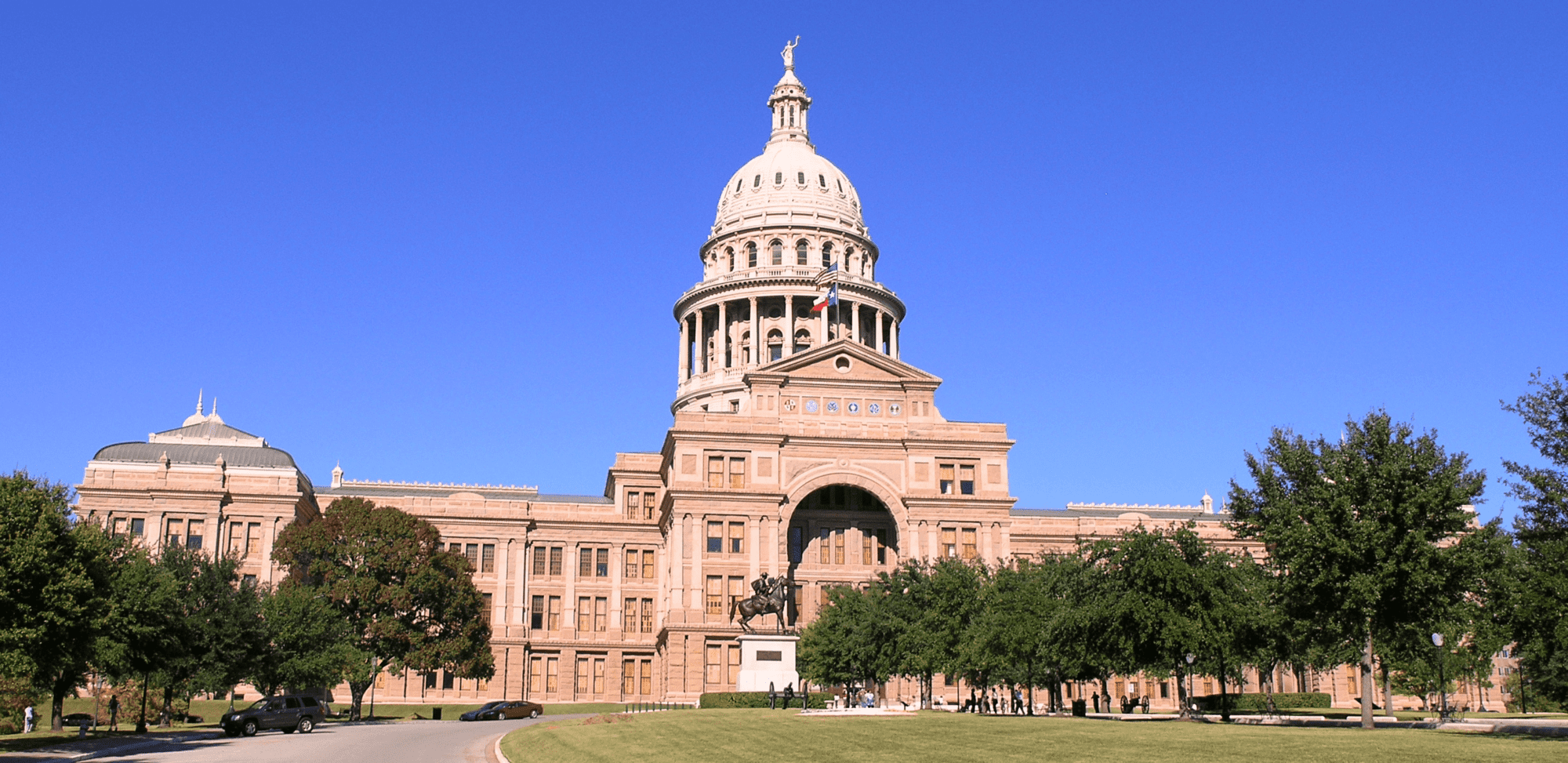It seems almost quaint, that $434 hammer from the Pentagon’s procurement scandal of the 1980s. Taxpayers were outraged by the revelation that federal bureaucrats spent hundreds of dollars for everyday items found at a fraction of the cost at a local hardware store. As the federal government begins to distribute $7.2 billion in stimulus money to expand broadband access across the country, much more care should be taken to ensure the dollars are don’t become a high-tech boondoggle.
For example, on Texas city has applied for the money so it can expand the number of computers in its computer center. Sounds like a worthy idea… until you do the math. They want $10,000 per computer!
Broadband access already widespread in Texas, thanks to the billions of dollars spent by private industry and without government subsidy. Cable and telephone companies and wireless carriers serve most of the state. Something like 96 percent of cable customers in the Lone Star State now have access to the Internet through a cable modem. Broadband lines have jumped a dramatic 1,300 percent from June 2001 to June 2008.
So as the Federal Communications Commission reviews submissions for broadband stimulus applications – including 60 from Texas – it must be certain these projects won’t disrupt the free market or compete against private investment.
Yet many companies and governmental entities submitted broadband applications apparently with the intent of using taxpayer dollars to gain a marketplace advantage. Such action would create an unlevel playing field, and is counterproductive.
If these stimulus dollars are to be spent, they should instead be spent expanding broadband connectivity to where it doesn’t exist or is sporadic. They could also be spent more effectively in improving the computer literacy among the poor and elderly.
Instead, it’s going to public entities seeking to unfairly compete against free enterprise.
For example, a coalition of public universities is applying for millions of dollars to expand broadband coverage east of Austin. Those areas are already served by multiple service providers, so if approved this project would allow the universities to compete with private business – at much lower costs.
How and where should these broadband dollars be spent? It’s hard to say – no one has yet to provide a clear picture of broadband accessibility in Texas. So dollars are being awarded before this critical mapping has even taken place.
That’s backwards implementation, making it impossible to determine if the taxpayers’ limited resources are being used efficiently and effectively.
The 60 applications from Texas were culled from more than 150 projects originally submitted to the Texas Department of Agriculture, which is overseeing the distribution of the dollars. Among the more questionable applications sent to Washington were requests by cities to create municipal wi-fi networks, where wireless broadband already exists. Besides duplicating privately provided services, existing municipal wi-fi programs have been plagued by cost over-runs and system failures.
While they could be used to expand coverage or improve Internet literacy, it appears the expenditure of broadband stimulus dollars will be used to create high-speed opportunities for waste and market distortion.




